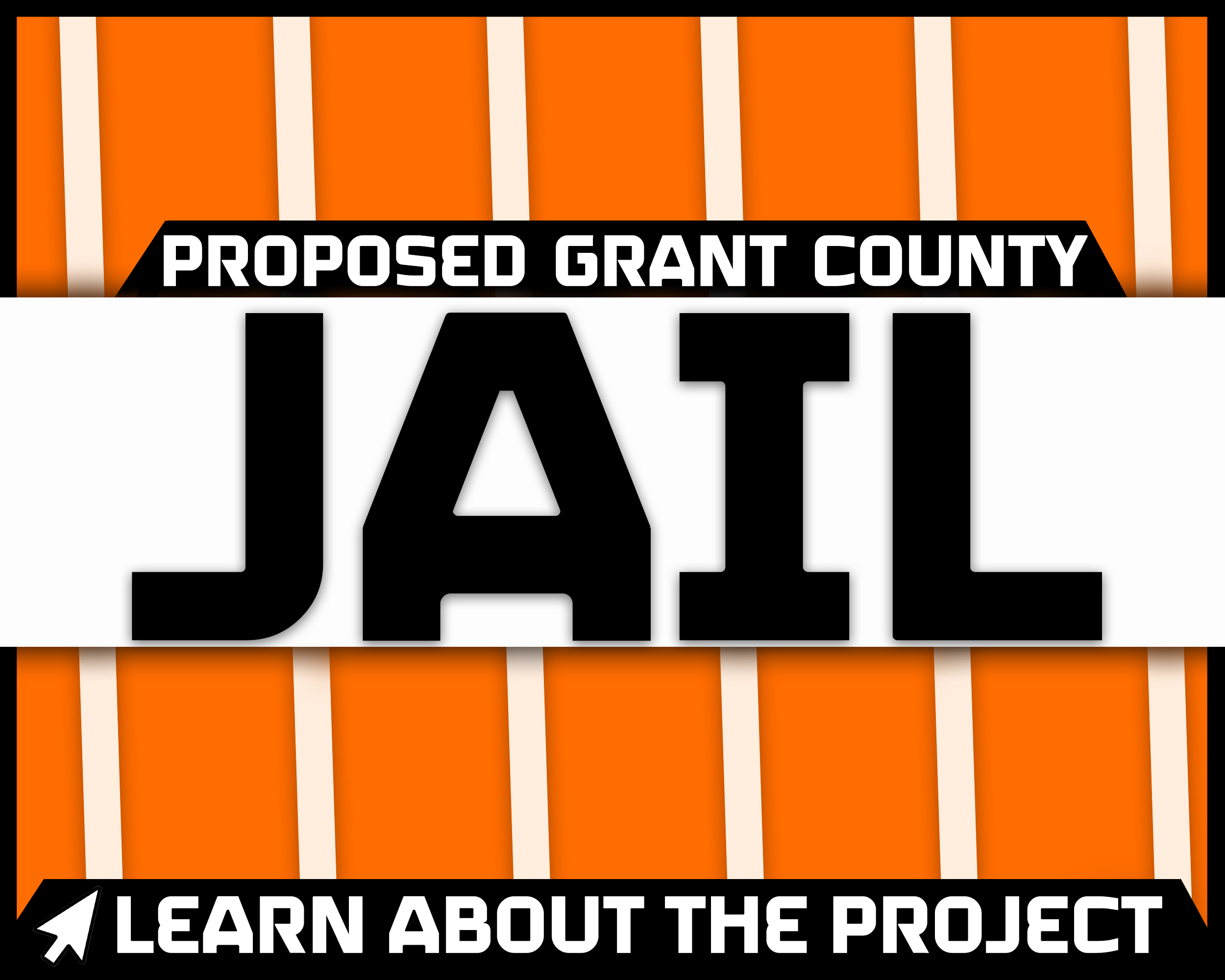District 4 Senate Candidates Discuss Issues at Public Forum
Local News November 2, 2016 Staff Writer 0

 District 4 Senate Candidates, Democrat Kathy Tyler and Republican John Wiik, took the hot seat to answer a series of questions during a public forum. The forum was held at the Milbank Visitor Center on October 29.
District 4 Senate Candidates, Democrat Kathy Tyler and Republican John Wiik, took the hot seat to answer a series of questions during a public forum. The forum was held at the Milbank Visitor Center on October 29.
In opening and closing remarks, Tyler said her campaign is about representing the little guy. “Based on bills I sponsored in the legislature in the past, I focus on students, practical education, accountability, honesty, and helping the little guy. I am willing to listen, fight for what is right, fight for people’s livelihoods, and am a huge supporter of education. That is what I did when I served before and that is what I will continue to do. That is why I am running again – because I care.”
 Wiik acknowledged his time in the legislature has been an honor and one he hopes to continue to improve upon. “We have had some giants represent District 4 – Jim Peterson and Harold Halvorson- that is the role I am working hard to fill. I stand for property rights and religious rights. I deeply respect the legislative process, those involved in it, and the people who vote. I want to represent your interests in Pierre.”
Wiik acknowledged his time in the legislature has been an honor and one he hopes to continue to improve upon. “We have had some giants represent District 4 – Jim Peterson and Harold Halvorson- that is the role I am working hard to fill. I stand for property rights and religious rights. I deeply respect the legislative process, those involved in it, and the people who vote. I want to represent your interests in Pierre.”
Both candidates were asked if there had been any surprises this campaign season. Tyler noted she is surprised people remember her and her stance on the issues. “I have knocked on 3,000 doors and put thousands of miles on my car. People remember, appreciate, and thank me for what I have done. It’s a very pleasant surprise.”
Wiik echoed Tyler’s response. “People pay attention and that is great. Being known and being remembered for my positive intentions is the greatest surprise I have received.”
Grant County Development Corporation Executive Director Bobbie Bohlen asked what steps each candidate would take to ensure they are representing their constituents for the greatest common good. Wiik said when he was serving in Pierre, he sat in the front row with numerous Democrats and built relationships with many. “I learned something that really changed my thinking process. There are differences between Democrats and Republicans, but we are all trying to do what is best for South Dakota. We might just have different ways of getting there. I learned to work with everyone and work together to make South Dakota a better place.”
Tyler responded by saying the common good is reached by listening. “Once you are in Pierre and a bill is on the floor, you get countless phone calls, emails, and visits at your desk. So, that is what you need to do. You have to learn to listen. You have to research. You have to be willing to talk and listen to everybody.”
When questioned about what part of the process she would change, Tyler said she would change the politics side. “I like the process. I like that every bill entered is guaranteed at least one hearing. I value our lobbyists, who are a great resource for us. But, I don’t like the politics that go on in the backrooms. I know that is part of it and can’t be changed. So, overall the process is good and South Dakota has one of the best people-centered legislatures in the country.”
If he had the option, Wiik would like to see the legislature brought up to the same level as the Governor’s office. “As a legislature, we are mandated by the constitution to be in session 40 days of the year. The governor is there every day working on every piece of legislature and has all kinds of tools and resources we do not have. But overall, I love the process.”
One panel member suggested many bills introduced by Representative Mark Mickelson would erode private property rights. The two candidates were asked if they would support them. Wiik said Mikkelson introduced nearly 30 bills last year, some that passed and some that didn’t. “Some of his bills made a lot of sense and some didn’t. The bill to stop the endless appeals and place everything together in regards to CAFOs and large animal operations I supported, because I feel it is hard to get someone to invest in South Dakota if they have no idea when their appeal process will end.”
Tyler addressed the question by answering, “Mickelson’s first bill really hampered people’s right to refer a CAFO or discuss or speak out against a CAFO going into a certain area. The bill he fostered did not result in a lot of changes at the county level. I really think there needs to be legislation to clarify the counties’ and townships’ powers regarding that situation.”
The candidates were asked if they were for or against Initiated Measure 22 – to revise state campaign finance and lobbying laws, create a publicly funded campaign finance program, create an ethics commission, and appropriate funds.
Tyler said she cannot support the measure. “There are three major parts to it, lobbying, ethics, and public funding. It’s too long, too complicated. I am definitely for an ethics commission in which election and campaigning could fall under, but I will not be supporting this.”
Wiik said he did not find one good idea in any of it. “I believe in the process and am completely against public funding of campaigns. South Dakota’s resources are stretched thin already. I can’t imagine reaching into that pot to buy campaign ads. I am against this measure.”
Wiik was asked why he voted against SD 131. He corrected the query by stating he voted against HB 1182 – the blanket tax increase. “The governor laid out his plans for the Blue Ribbon Task Force. I went to every meeting I could. I sat down with the chairman of the Senate and House Education Committees. We all visited about it. I didn’t believe a tax increase was necessary, but believed teachers needed a raise and this was the only way to do it. That is why I voted the way I did.”
 Tyler was asked how she would have voted on HB 1182. “I would have definitely voted ‘yes’. I know raising taxes gets a bad rap but it’s something we needed to do. There is no other money in our state budget to fund teachers and this is the only way we could do that. Also, part of 1182 was a 3% take from taxes to support salaries for tech school infrastructure and I would definitely support that. With SD131, there are some flaws that need to be fixed.”
Tyler was asked how she would have voted on HB 1182. “I would have definitely voted ‘yes’. I know raising taxes gets a bad rap but it’s something we needed to do. There is no other money in our state budget to fund teachers and this is the only way we could do that. Also, part of 1182 was a 3% take from taxes to support salaries for tech school infrastructure and I would definitely support that. With SD131, there are some flaws that need to be fixed.”
Kevin Kouba of Otter Tail Power Company turned the questioning to the utility industry. He noted South Dakota has electric energy prices that are 26% below the national average, primarily due to the use of coal and hydro. Kouba explained forces from the President on down are attempting to eliminate coal and other fossil fuels from the generation mix. The candidates were asked their position on the issue.
Tyler stated she felt things are going overboard in eliminating coal and fossil fuels. “When Big Stone 2 was being proposed, I spoke in favor of it. I look at what they have done and the money they have invested and we need to continue with coal and fossil fuels as our base.”
Wiik stated he is on the record for supporting coal and electric power in District 4. “I support asking the EPA to stop. We are doing well in South Dakota -taking care of our own, making things clean, and doing it right. The investments are huge and benefits are every greater. So, I will keep supporting legislation to continue this.”
An audience member submitted the question: Do you support agriculture, specifically animal production? Wiik responded first saying, “Absolutely. I love small farms. I learned the value of hard work as child with my grandpa on his hobby farm. Farms are valuable and I support them in all sizes and kinds.”
Tyler began by saying she felt the question was written for her. “I grew up on a family farm and I support farming. All farming is agriculture, but not all agriculture is farming. I think we need to remember that. I have 6,500 sows living one half mile from my house. There are places for that type of facility. We need to look at zoning regulations, setbacks, and that sort of thing. The state president of Farm Bureau said it best – ‘Put the facility where people want it, keep your poop off the road, and be a good neighbor.’ When those three things happen, we will have a very good agriculture system in our state.”
The final question from the panel came from Bohlen, who asked how each candidate would support the economic development of smaller communities. Wiik said he worked with the GOED with the closing and re-opening of Empi in Clear Lake. “If we can teach the GOED to think small, we would all be better off. Smaller operations are just as important as large ones. So, we need to teach them to value small.”
Tyler agreed with Wiik stating the GOED needs to quit thinking bigger is better. “We have so much to offer on our Main streets. We need to help young people learn how to run a business and give them the support they need.”
Kouba concluded the questioning by giving each candidate the opportunity to ask the other a question. Tyler asked Wiik why he was so conservative and why he supported the transgender bill. “I grew up listening to a lot of people, one was my grandfather,” Wiik said. “He was an intelligent and conservative man and I learned a lot from him. I learned that government needs to be small.” Regarding the transgender bill, Wiik said, “That bill was a mandate handed down by the federal government and forced on a school in Indiana. I wanted South Dakota to do it our own way, so that’s why I voted the way I did.”
Wiik asked Tyler why she never gives up. “Why can’t you accept some realities, live within your state, and try to make your state better instead of going to North Dakota and causing trouble?” Tyler explained she was invited to North Dakota to the community of Buffalo, which was threatened with a 900-hog farm. “I was invited to tell my story and I did. That hog farm has ruined my life. Why do I keep on fighting? I am a typical oldest child. I am a female and I will fight to the death for what I believe is right.”













No comments so far.
Be first to leave comment below.